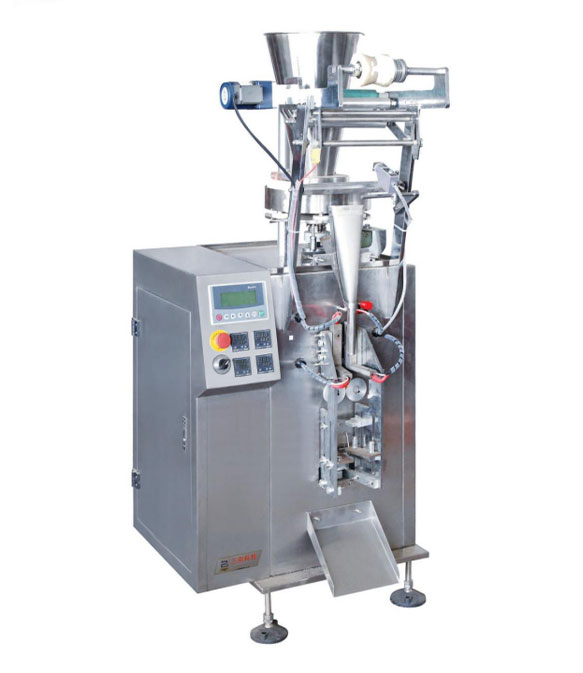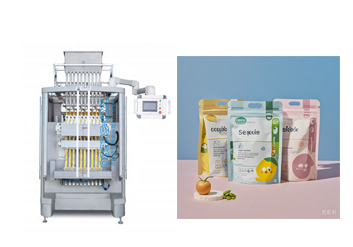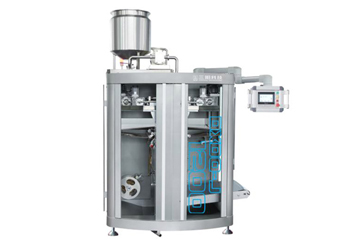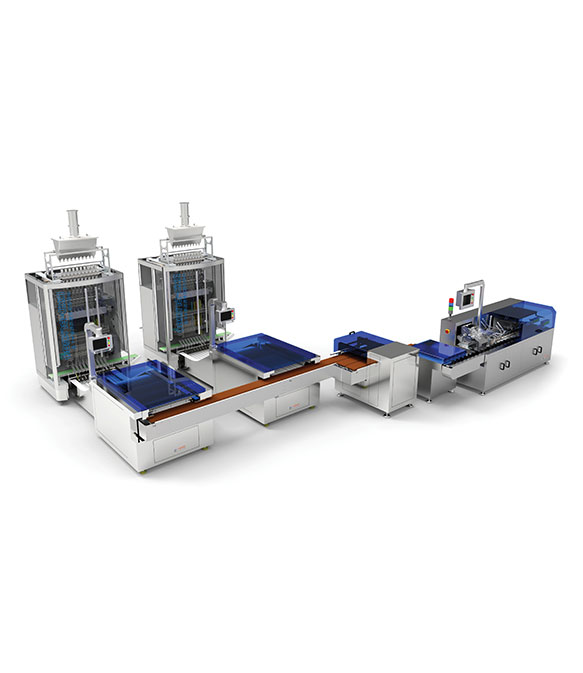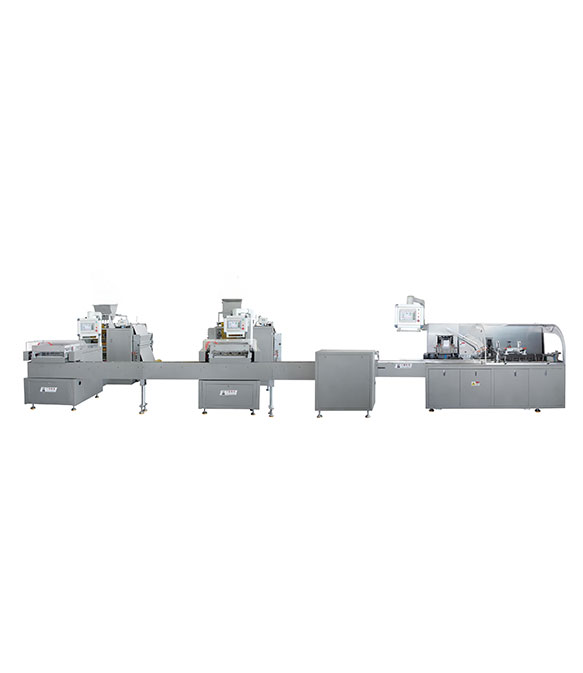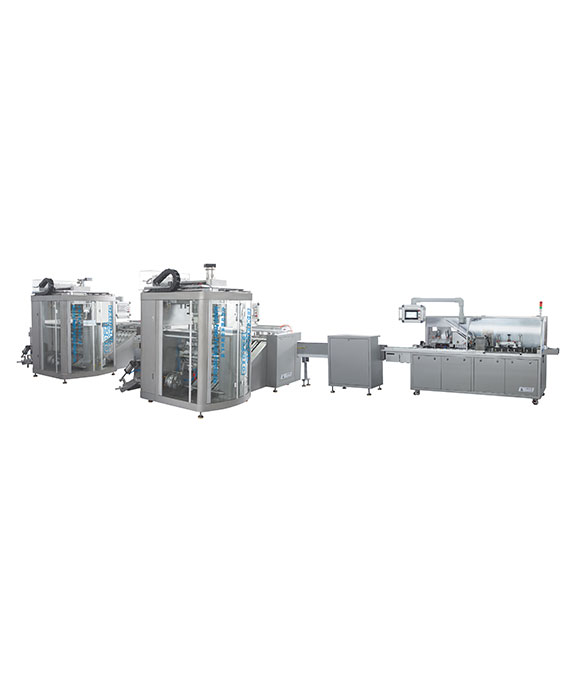For businesses handling granular materials—from grains to nutritional supplements—manual packaging causes slow speeds, uneven weights, and spoiled products. Many wonder: what key roles does the Granular Packaging Machine play? This article breaks down its core functions to answer that question clearly.
Fix Manual Packaging Inefficiencies
Manual work is the biggest issue for granular packaging. The machine’s first role is to eliminate these problems.
Cuts Labor Dependence with Full Automation
Manual packaging needs workers to measure, fill, and seal one bag at a time—slow and error-prone. The machine automates all three steps, reducing labor needs and keeping production steady, even during long shifts.
Ensures Consistent Quality
Hand-packing leads to uneven weights (e.g., 200g vs. 220g), a problem for regulated industries. The machine uses calibrated systems to give every package the exact amount of material, cutting rejected products.
Protect Granular Materials via Reliable Sealing
Granular materials (powders, pellets) spoil easily from moisture or dust. The machine’s second role is to guard them with strong sealing.
Blocks Contaminants
Manual sealing (twisting bags, tape) leaves gaps that ruin materials. The machine uses methods like three-side sealing to create an airtight barrier, keeping materials dry, clean, and potent longer.
Adapts to Different Granules
Fine powders need gentle sealing; larger pellets need stronger seals. The machine adjusts pressure and speed for each material type, avoiding spills or broken seals.
Fit into Mass Production Lines
High-volume granular production can’t rely on standalone tools. The machine’s third role is to integrate smoothly into mass workflows.
Supports High-Speed Operation
Manual packaging handles hundreds of bags daily; the machine processes thousands, matching upstream output (e.g., grain milling) and eliminating bottlenecks.
Works with Other Equipment
The machine connects to conveyors (material feeding) and carton sealers, creating a seamless production loop and cutting time wasted moving products.
Meet Industry-Specific Needs
Granular materials are used in food, supplements, and chemicals—each with unique rules. The machine’s fourth role is to adapt to these requirements.
Follows Safety Standards
Food and supplement industries have strict rules (e.g., no contamination). The machine meets these standards, keeping businesses compliant and avoiding recalls.
Handles Multiple Material Types
One machine switches between products (protein powder, rice, fertilizer) without retooling, saving businesses cost and space.
Conclusion
The Granular Packaging Machine plays four critical roles: fixing manual flaws, protecting materials, enabling mass production, and adapting to industries. For businesses struggling with granular packaging, these functions solve root problems.
To explore models that deliver these roles for your industry (e.g., food-grade options), visit our product page for specs and application examples.


